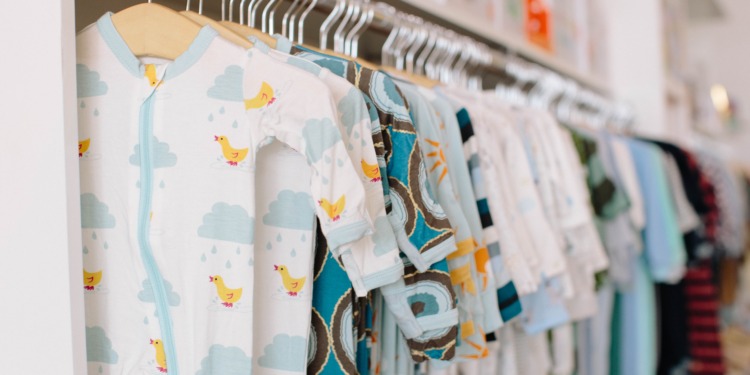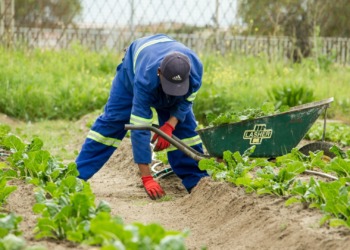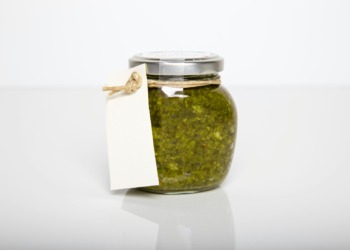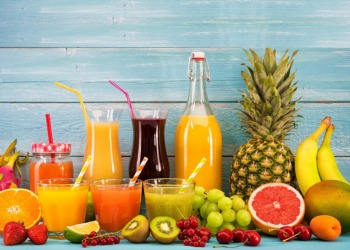It’s difficult to decide who to buy from when there are thousands of brands producing baby clothes. But we know you prioritize your child’s health and wellness above anything, so that rules out every brand whose production processes involve chemicals, dyes, and other toxins that can harm your baby.
Surprisingly, this is more common than you may think.
Typical Toxins
Baby clothes can be riddled with health hazards for not only your child, but those who produce them in textile factories and their surrounding communities. Meanwhile, environmental side-effects of their production include water and air pollution from chemical emissions and toxic runoff. A sweeping batch of negative consequences from the unexpected use of these substances.
Flame retardants, azo dyes, and heavy metals are common toxins found in baby clothes according to Green America, an organization that supports eco-conscious business operations. While flame retardants can be hormonal disruptors, azo dyes can be carcinogenic, and heavy metals like lead can cause cancer and damage the nervous system.
Impakter Eco: Kids
You can steer clear of these dangers by purchasing from brands on the Impakter Eco Marketplace, a curated shop of sustainable products from eco-friendly businesses. You can rest assured that any product for purchase on the Eco Marketplace has been sustainably verified and therefore, impacts its creators, consumers, and the environment in a positive way.
When it comes to kids clothing, the Eco Marketplace has a lot to offer with zero risk of any of it including toxic ingredients. What follows is our selection of some eco-friendly brands.
Mai & Kai
A GOTS certified brand, Mai & Kai produces sustainable underwear for kids two to ten years old. Their products are ethically produced, meeting the highest standard in processing, manufacturing, and packaging. They do not use any plastic and even donate 10% of their profits to The Turtle Foundation, an organization that protects sea turtles.
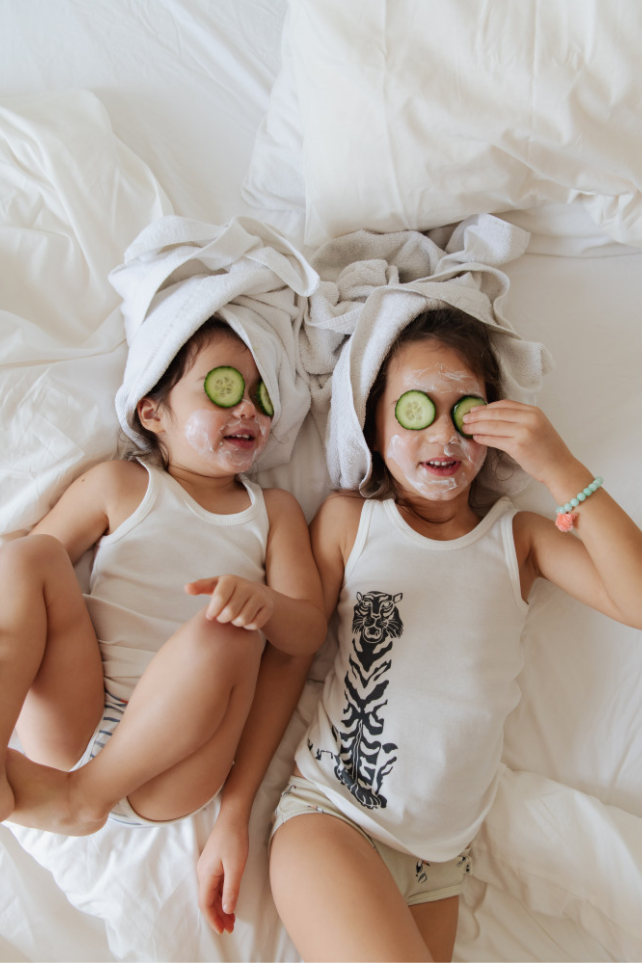
Mai & Kai products use organic cotton only and their production omits the use of any hazardous chemical during fabric dying. They understand how sensitive a child’s skin is and uphold their business operations to maintain a healthy, happy, consumer and environment.
KARINÚ
This clothing brand for children 0-24 months was born from the desire to spread awareness of Pima cotton, their main raw material which the owners discovered at a trade fair in 2018. Their suppliers in Peru are GOTS and FairTrade certified, growing and harvesting 100% organic Pima cotton, the softest in the world.
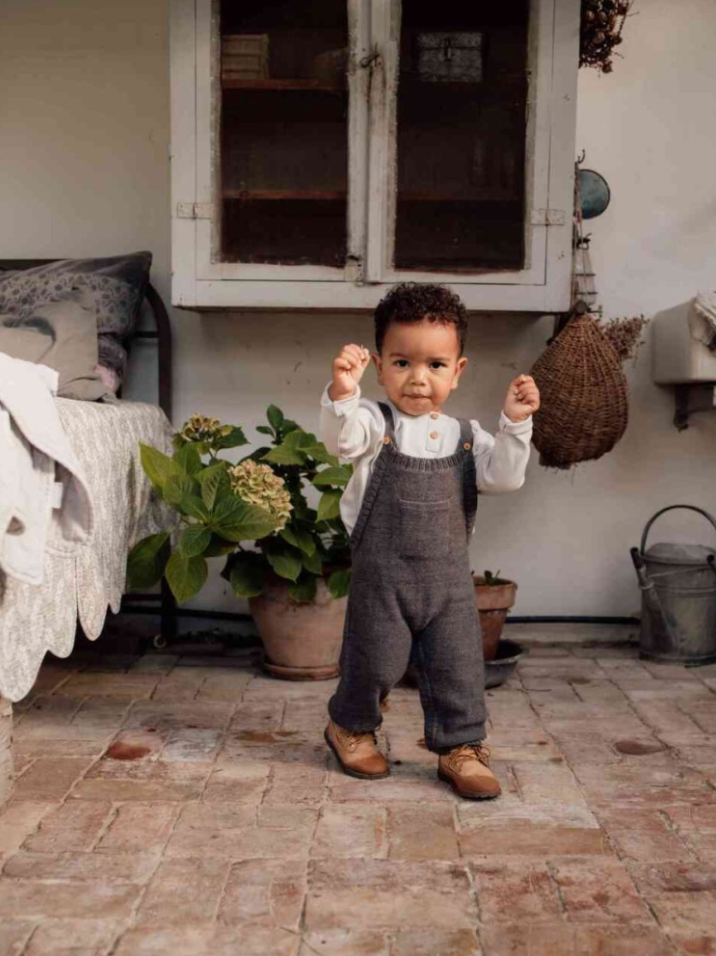
Karinú specializes in casual daywear like dungarees, footie pants, leggings, and play dresses.
Related Articles: Sustainable Sustenance: Vegan Earth Friendly Tips for Feeding Your Babies | The Importance of Early Eco Education
Infantium Victoria
A GOTS certified enterprise since 2019, Infantium Victoria is a high-end, contemporary, organic, and vegan kids clothing brand. Most of the textiles are made to order and the rest are used in following collections. They create no deadstock fabrics by recycling all cut waste and even offering a recycling solution for customers called Infantium Victoria PRELOVED.
Every style is designed sustainably, using the most environmentally friendly materials, producing garments in the most efficient way, eliminating excessive waste, reducing carbon emissions during production and delivery, and shipping with plastic-free, biodegradable material.
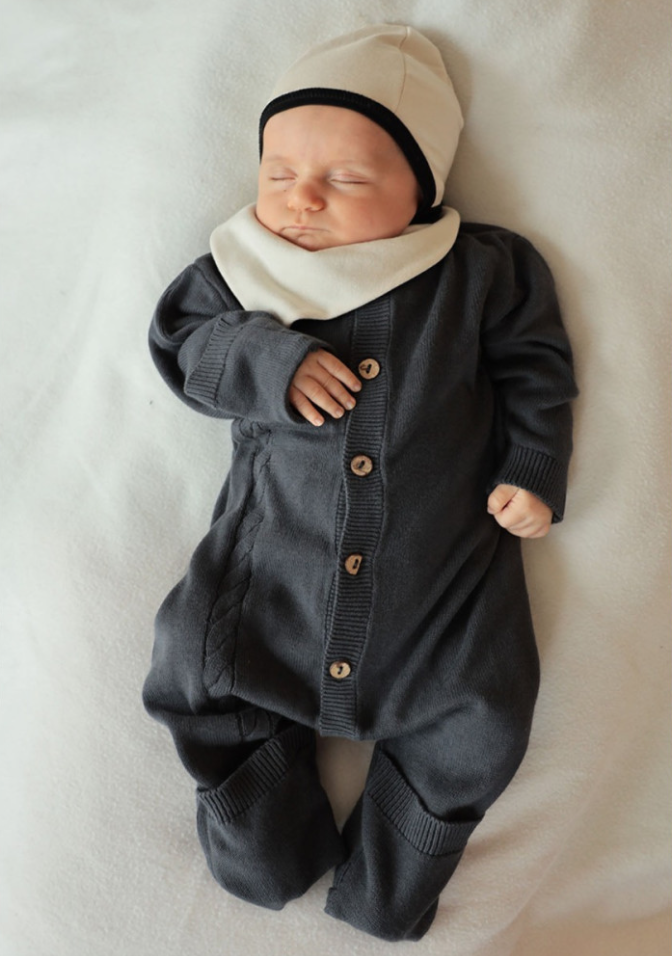
Infantium Victoria also openly shares its production chain to inspire more designers to switch to ethical and sustainable manufacturing procedures.
Kakimate
An independent and emerging kids clothing brand from Barcelona, Spain, Kakimate works with local GOTS certified suppliers to produce environmentally respectful garments for children. They use only ecological materials, making items to order and holding themselves to a high standard of social responsibility.
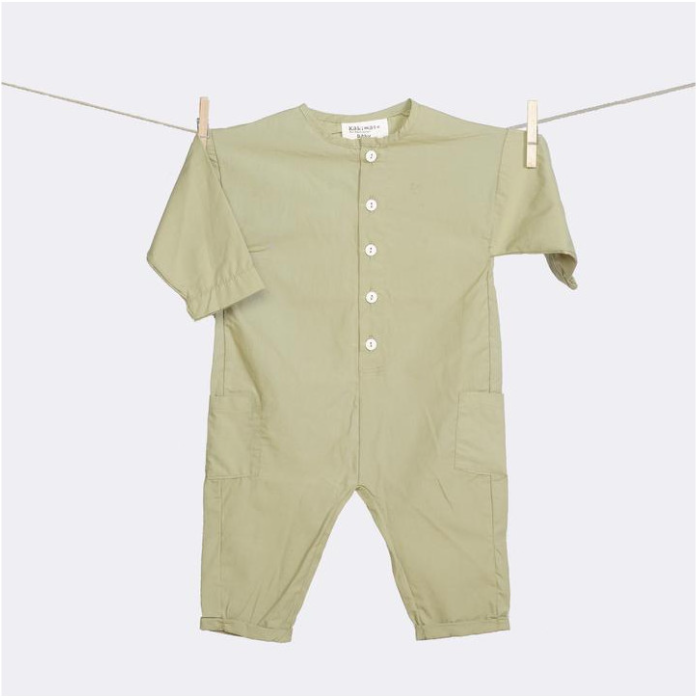
Their garments are comfortable yet stylish and include products like jeans, trousers, bodysuits, and shorts.
Dependable Decisions
Consumers hold all the purchasing power. Your choice to buy from a sustainable or not so sustainable brand will evoke a chain of effects, positive or negative.
Editor’s Note: The opinions expressed here by Impakter.com columnists are their own, not those of Impakter.com. — In the Featured Photo: baby clothes. Featured Photo Credit: The Nix Company.


